**This reflection has been reposted from Diocesan Archives.**
In today’s Gospel reading, Jesus is sharing with his disciples that if they know Him, then they know the Father. Philip goes on to say, “Master, show us the Father, and that will be enough for us.” I’m glad that Philip said this, for it is why Jesus expands on the fact that He and the Father are one. He shares that the very words He speaks are not on His own, but with the Father, who dwells within Him.
Jesus goes on to say that whoever believes in Him will do even greater works since He is going to the Father. He said that whatever you ask in His name, He will do so that the Father may be glorified in the Son. He said, “If you ask anything of me in my name, I will do it.”
What does this good news mean for you and me today? As I’m sure you know, there is much suffering and fear of the unknown in the world today. Personally, the unknown aspect can really get to me. I’m someone who loves having a plan or an idea of what the future can or should look like. I constantly have to remind myself that God is in control as I loosen my grasp on these plans or ideas of life.
When I reflected on this Gospel passage and how it is good news today, I found that Jesus is comforting us in His word. He expands upon the reality that He is completely united to the Father and anything we ask in His name, He will do it. Does that mean He will give me anything I ask for? I’m not too sure about that, but I know He gives us what we need. So today, what do you need? Comfort, strength, courage? Ask for a particular need or grace in His name. We can trust that His Word is true. He is faithful to His promises, and He always pulls through for us.
**Esta reflexión ha sido publicada nuevamente desde los Archivos Diocesanos.**
En la lectura del Evangelio de hoy, Jesús comparte con sus discípulos que si lo conocen a Él, entonces conocen al Padre. Felipe continúa diciendo: “Señor, muéstranos al Padre, y eso nos basta”. Me alegra que Felipe haya dicho esto, porque es por eso que Jesús amplía el hecho de que Él y el Padre son uno. Comparte que las mismas palabras que pronuncia no son de sí mismo, sino de parte del Padre, que habita en él.
Jesús continúa diciendo que quien cree en Él hará obras aún mayores ya que Él va al Padre. Dijo que todo lo que pidan algo en su nombre, lo cumplirá para que el Padre sea glorificado en el Hijo. Dijo: “cualquier cosa que pidan en mi nombre, yo la haré ”.
¿Qué significa esta buena noticia para ti y para mí hoy? Como seguramente ya sabes, hoy en el mundo hay mucho sufrimiento y miedo a lo desconocido. Personalmente, el aspecto desconocido realmente me puede afectar. Soy alguien a quien le encanta tener un plan o una idea de cómo puede o debería ser el futuro. Constantemente tengo que recordarme a mí misma que Dios tiene el control a medida que suelto estos planes o ideas de vida.
Cuando reflexioné sobre este pasaje del Evangelio y cómo son buenas noticias hoy, descubrí que Jesús nos está consolando con su palabra. Él amplía la realidad de que Él está completamente unido al Padre y cualquier cosa que le pidamos en Su nombre, Él lo hará. ¿Eso significa que Él me dará todo lo que le pida? No estoy muy seguro de eso, pero sé que Él nos da lo que necesitamos. Entonces hoy, ¿qué necesitas? ¿consuelo? ¿fuerza? ¿valor? Pide una necesidad o gracia particular en Su nombre. Podemos confiar en que Su Palabra es veraz. Él es fiel a sus promesas y siempre nos ayuda.
This reflection has been reposted from Diocesan Archives. Author: Brianna David
Feature Image Credit: Aaron Burden, unsplash.com/photos/bible-page-on-gray-concrete-surface-9zsHNt5OpqE


 Tami Urcia grew up in Western Michigan, a middle child in a large Catholic family. She spent early young adulthood as a missionary in Mexico, studying theology and philosophy, then worked and traveled extensively before finishing her Bachelor’s Degree in Western Kentucky. She loves tackling projects, finding fun ways to keep her little ones occupied, quiet conversation with the hubby and finding unique ways to love. She works full time, is a guest blogger on
Tami Urcia grew up in Western Michigan, a middle child in a large Catholic family. She spent early young adulthood as a missionary in Mexico, studying theology and philosophy, then worked and traveled extensively before finishing her Bachelor’s Degree in Western Kentucky. She loves tackling projects, finding fun ways to keep her little ones occupied, quiet conversation with the hubby and finding unique ways to love. She works full time, is a guest blogger on 


 Deacon Dan Schneider is a retired general manager of industrial distributors. He and his wife Vicki have been married for over 50 years. They are the parents of eight children and thirty grandchildren. He has a degree in Family Life Education from Spring Arbor University. He was ordained a Permanent Deacon in 2002. He has a passion for working with engaged and married couples and his main ministry has been preparing couples for marriage.
Deacon Dan Schneider is a retired general manager of industrial distributors. He and his wife Vicki have been married for over 50 years. They are the parents of eight children and thirty grandchildren. He has a degree in Family Life Education from Spring Arbor University. He was ordained a Permanent Deacon in 2002. He has a passion for working with engaged and married couples and his main ministry has been preparing couples for marriage.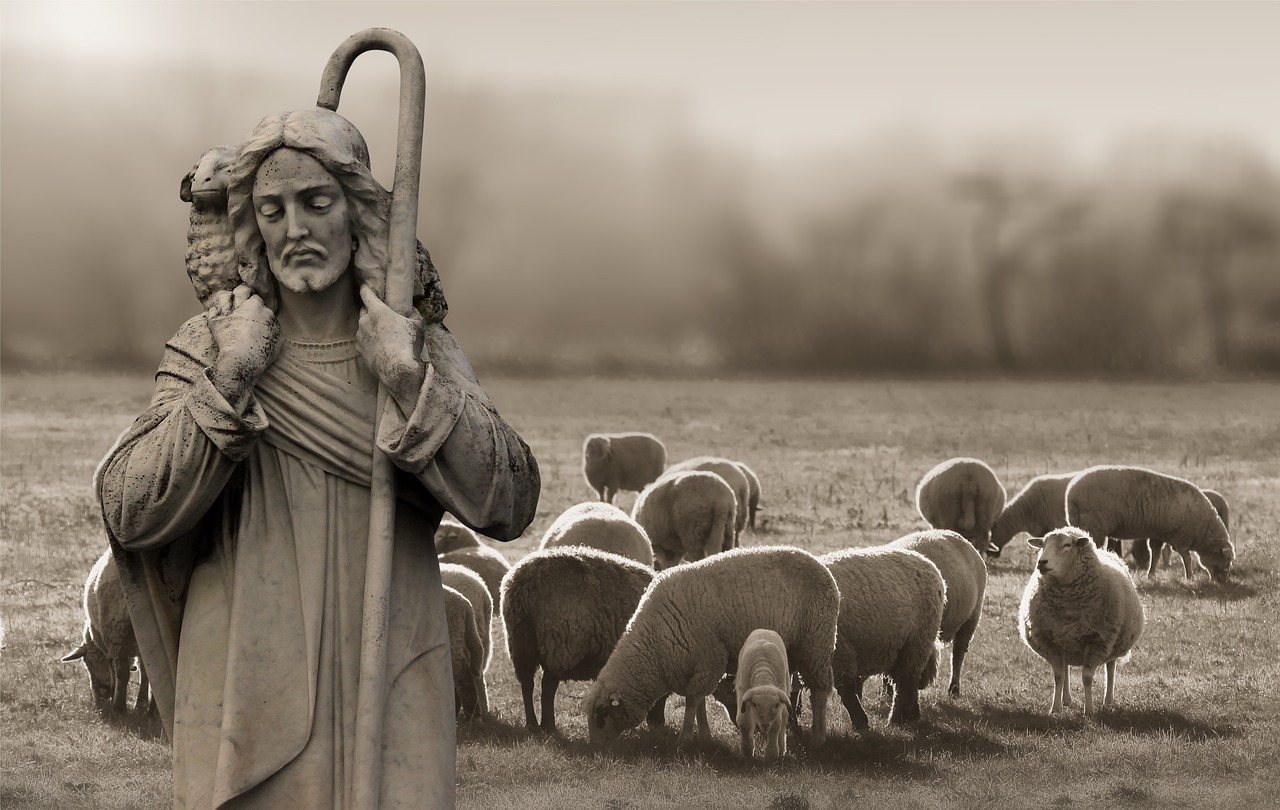

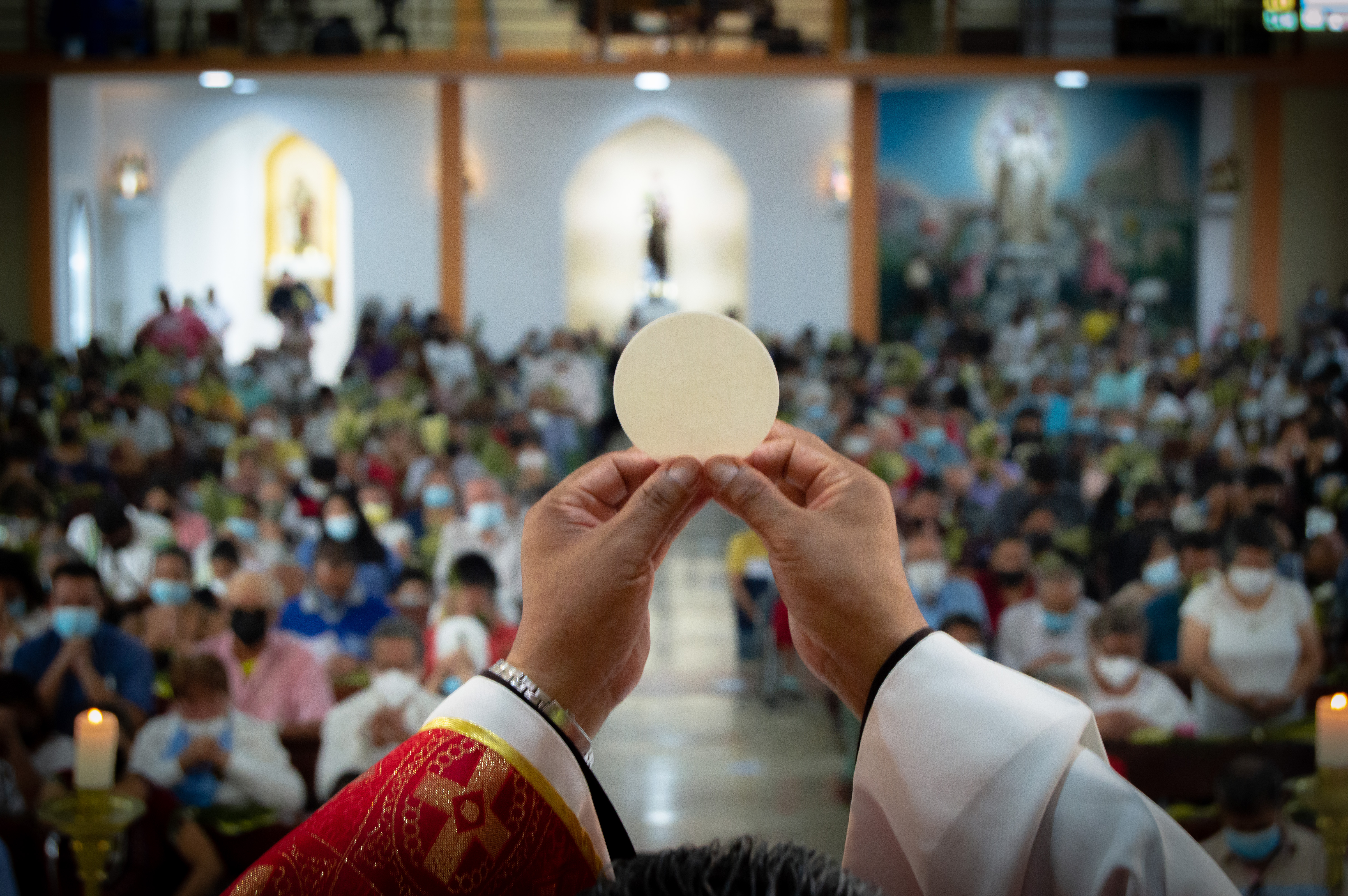
 David Dashiell is a freelance author and editor in Nashville, Tennessee. He has a master’s degree in theology from Franciscan University, and is the editor of the anthology
David Dashiell is a freelance author and editor in Nashville, Tennessee. He has a master’s degree in theology from Franciscan University, and is the editor of the anthology 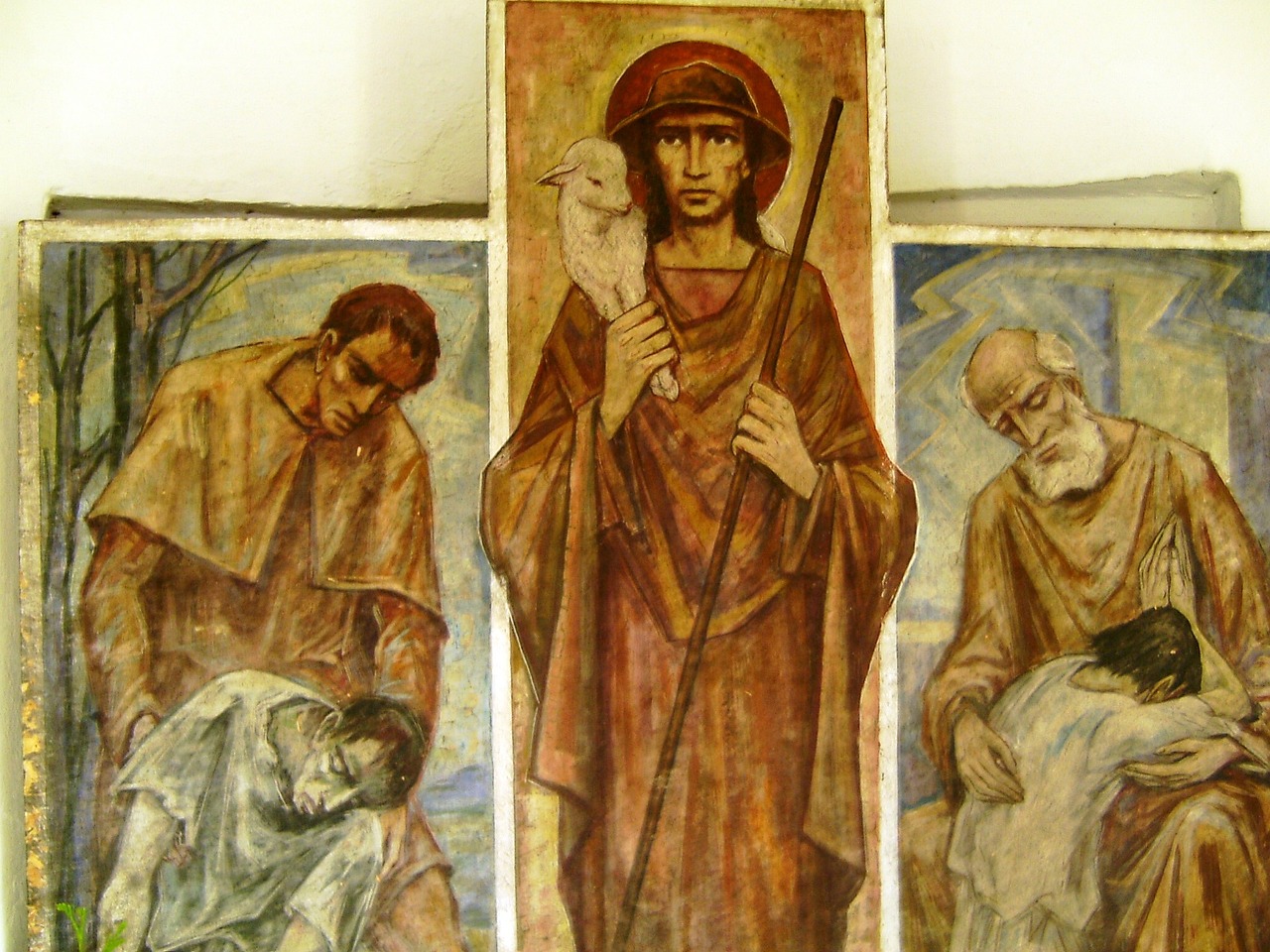
 Kathryn Mulderink, MA, is married to Robert, Station Manager for Holy Family Radio. Together they have seven children (including Father Rob), and seven grandchildren. She is President of the local community of Secular Discalced Carmelites and has published five books and many articles. Over the last 30 years, she has worked as a teacher, headmistress, catechist, Pastoral Associate, and DRE, and as a writer and voice talent for Catholic Radio. Currently, she serves the Church by writing and speaking, and by collaborating with various parishes and to lead others to encounter Christ and engage their faith. Her website is
Kathryn Mulderink, MA, is married to Robert, Station Manager for Holy Family Radio. Together they have seven children (including Father Rob), and seven grandchildren. She is President of the local community of Secular Discalced Carmelites and has published five books and many articles. Over the last 30 years, she has worked as a teacher, headmistress, catechist, Pastoral Associate, and DRE, and as a writer and voice talent for Catholic Radio. Currently, she serves the Church by writing and speaking, and by collaborating with various parishes and to lead others to encounter Christ and engage their faith. Her website is 

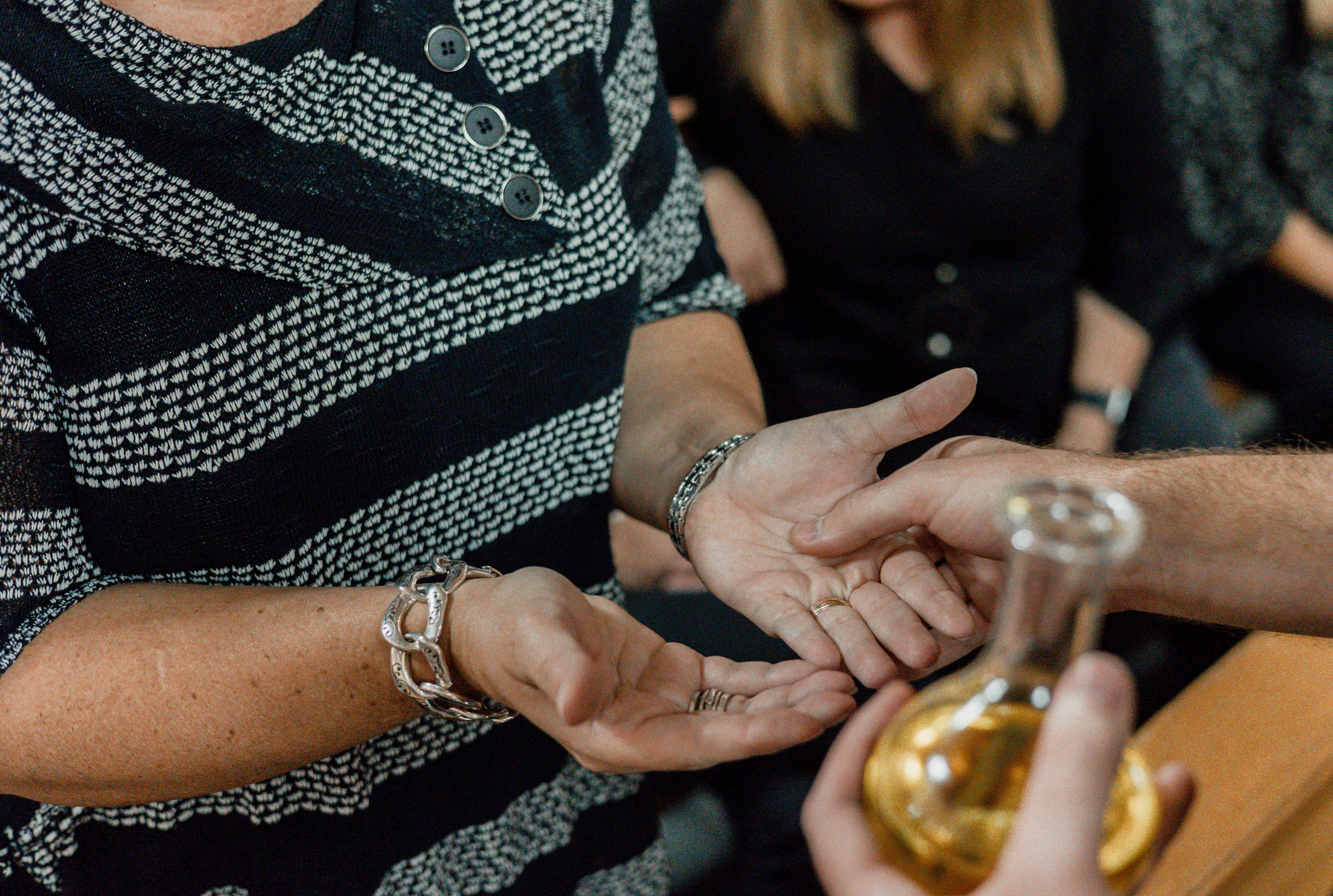
 A lover of Jesus Christ, a wife, and a mother of five,
A lover of Jesus Christ, a wife, and a mother of five, 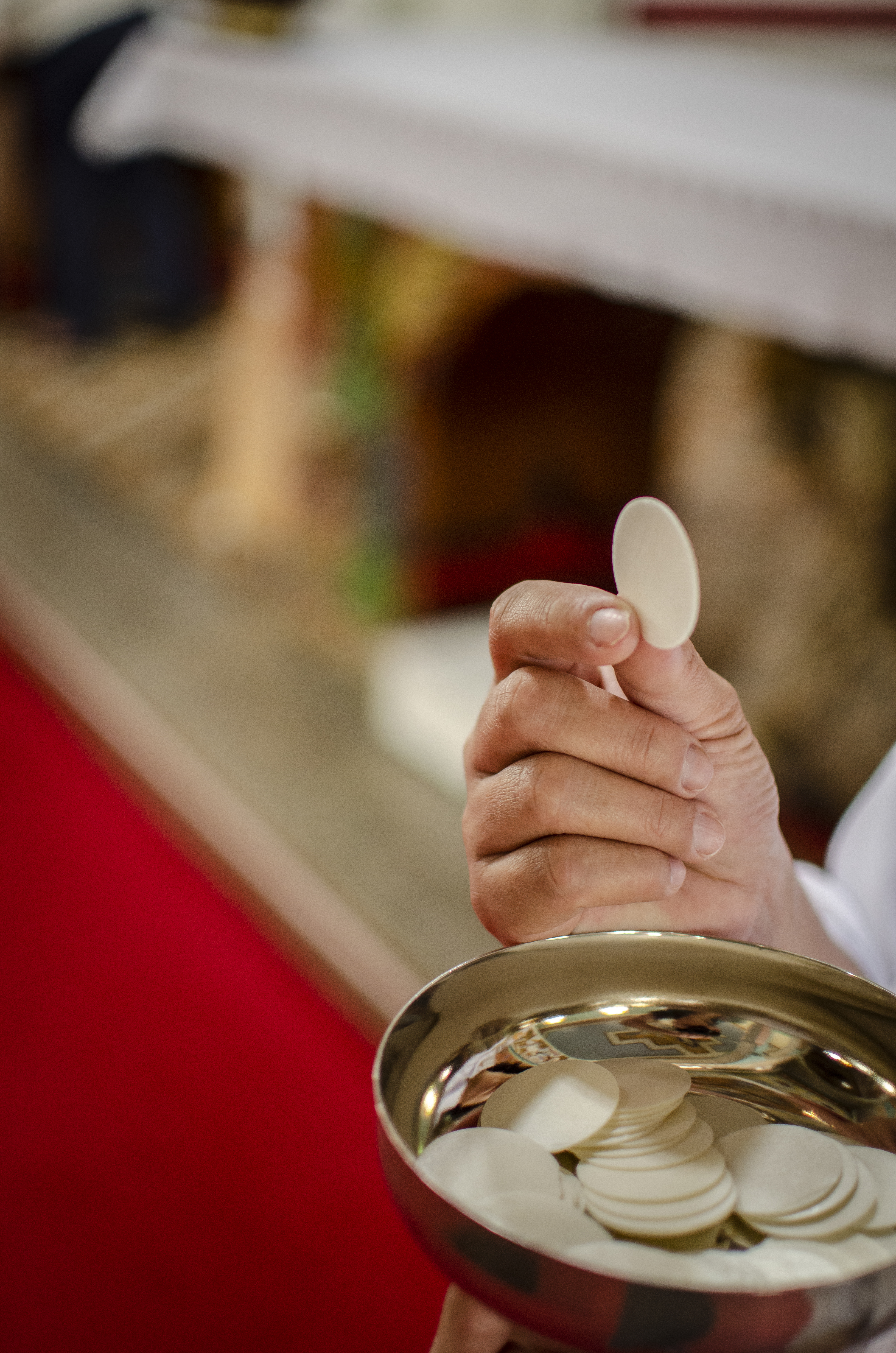
 Dr. Alexis Dallara-Marsh is a board-certified neurologist who practices in Bergen County, NJ. She is a wife to her best friend, Akeem, and a mother of two little ones on Earth and two others in heaven above.
Dr. Alexis Dallara-Marsh is a board-certified neurologist who practices in Bergen County, NJ. She is a wife to her best friend, Akeem, and a mother of two little ones on Earth and two others in heaven above.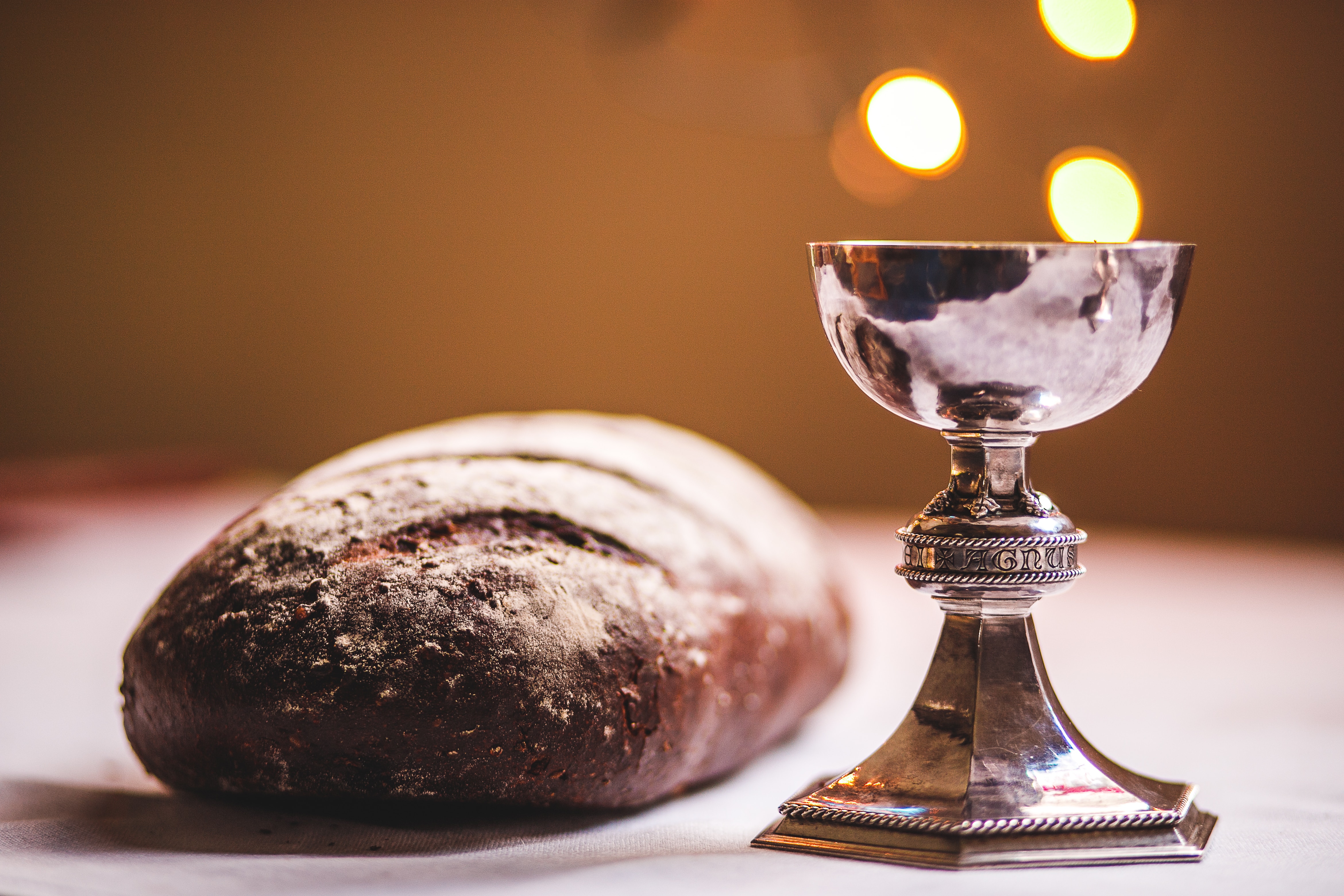
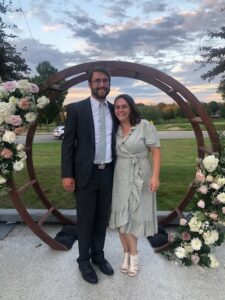 Heather Orlowski and her husband are busy parents of two little girls (ages 2 and 4). The Catholic Church holds a special place in her heart and in her entire life. She attended Catholic schools from Kindergarten through college. She graduated from Aquinas College with a degree in Elementary/Special Education. Catholic Education is very important to her and she now teaches 1st and 2nd grades at St. Therese Catholic School. In her free time, she loves creating memories with her family and watching her little girls play soccer.
Heather Orlowski and her husband are busy parents of two little girls (ages 2 and 4). The Catholic Church holds a special place in her heart and in her entire life. She attended Catholic schools from Kindergarten through college. She graduated from Aquinas College with a degree in Elementary/Special Education. Catholic Education is very important to her and she now teaches 1st and 2nd grades at St. Therese Catholic School. In her free time, she loves creating memories with her family and watching her little girls play soccer. 
 Mike Karpus is a regular guy. He grew up in Michigan’s Upper Peninsula, graduated from Michigan State University and works as an editor. He is married to a Catholic school principal, raised two daughters who became Catholic school teachers at points in their careers, and now relishes his two grandchildren, including the older one who is fascinated with learning about his faith. He also has served on a Catholic school board, a pastoral council and a parish stewardship committee. He currently is a lector at Mass, a Knight of Columbus, Adult Faith Formation Committee member and a board member of the local Habitat for Humanity organization. But mostly he’s a regular guy.
Mike Karpus is a regular guy. He grew up in Michigan’s Upper Peninsula, graduated from Michigan State University and works as an editor. He is married to a Catholic school principal, raised two daughters who became Catholic school teachers at points in their careers, and now relishes his two grandchildren, including the older one who is fascinated with learning about his faith. He also has served on a Catholic school board, a pastoral council and a parish stewardship committee. He currently is a lector at Mass, a Knight of Columbus, Adult Faith Formation Committee member and a board member of the local Habitat for Humanity organization. But mostly he’s a regular guy.